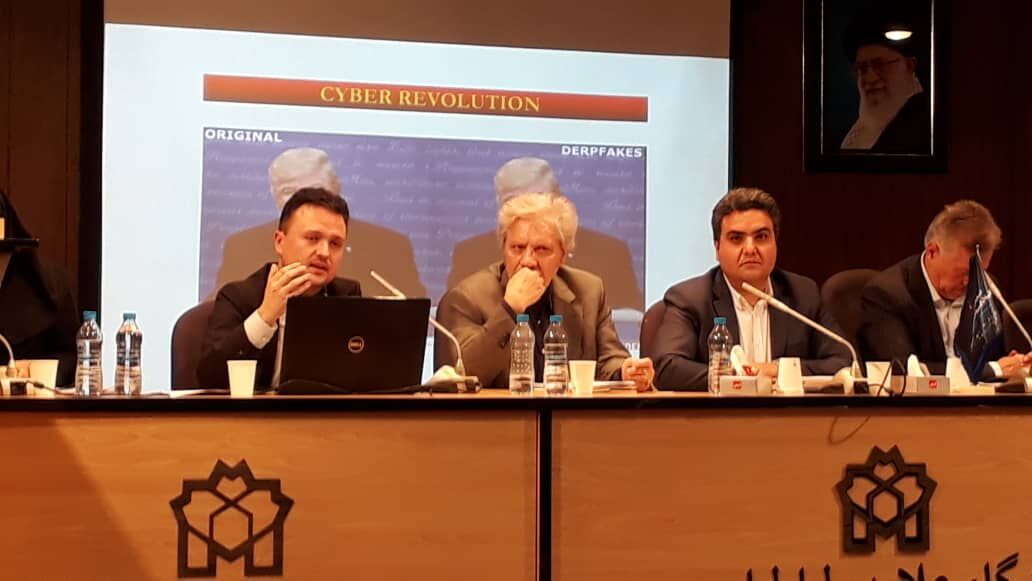Robert Czulda made the remarks during the panel titled 'Unilateralism and the International Economic Law' which was held within the framework of the international conference on 'Unilateralism and International Law' in Tehran.
Pointing to the 9/11 attacks, wars in Syria, Yemen and Iraq as well as the emergence of Daesh (ISIS), he stated that such phenomena are the signs that we do not live at peaceful times anymore.
There are also dangerous trends, including non-military and non-traditional threats, he underscored.
He underlined that cyber revolution, climate change, demography, transnational criminal organizations, water access, gene editing, pollution of the natural environment are some of the vital non-traditional challenges that countries encounter.
The threats influence the societies and international system, including the security of all states as well as their citizens' safety, Czulda added.
He went on to say that these phenomena and threats has no respect for the national sovereignty and borders of countries.
Commenting on the limits of unilateralism in a global world, the expert raised the question of whether it is still possible to solve contemporary challenges and threats alone.
It is impossible to form an efficient "global government", he said adding countries need to cooperate together regardless of their economic power alongside political and cultural differences.
Also at the panel, a number of experts tried to exchange views on whether there is a solution from the international law point of view in confronting unilateralism in the globe.
The international conference on "Unilateralism and International Law " kicked off on Monday in presence of representatives from Italy, India, Russia, Finland, Poland, Qatar, Uzbekistan, Macedonia, and Afghanistan.
The event envisaged forming four expert panels over different issues.
It is an opportunity for discussions, exchange of opinion and providing solutions to define the boundaries of unilateralism challenging a range of topics in international law such as International Environmental Law (IEL), human rights, international peace, and security as well as international agencies.
7129**2050
Follow us on Twitter @IrnaEnglish



Your Comment